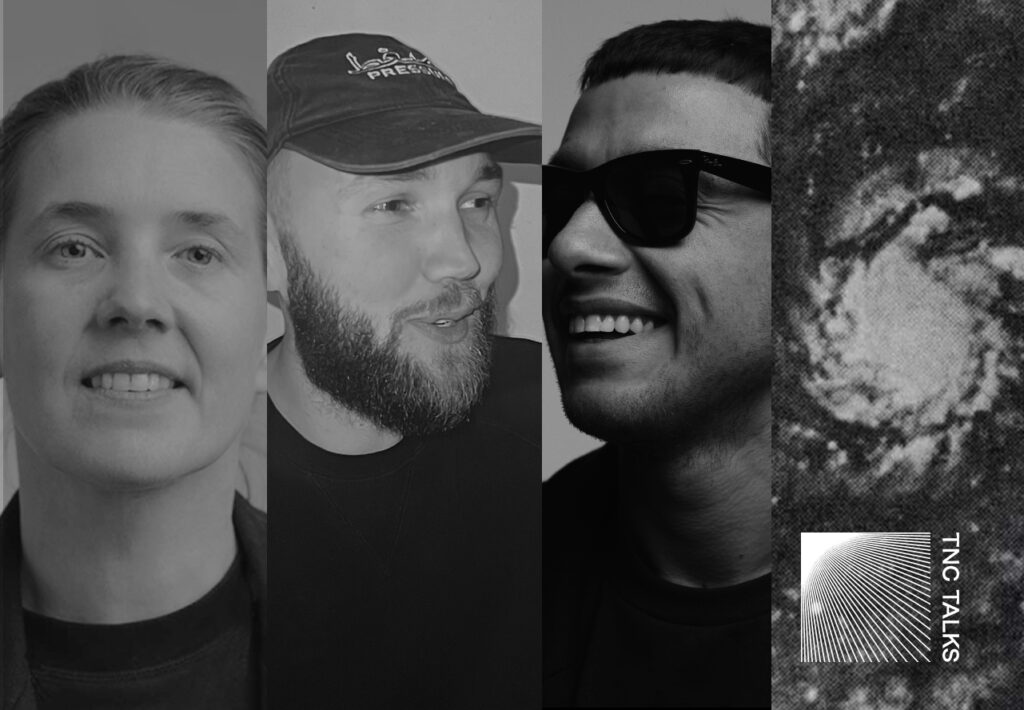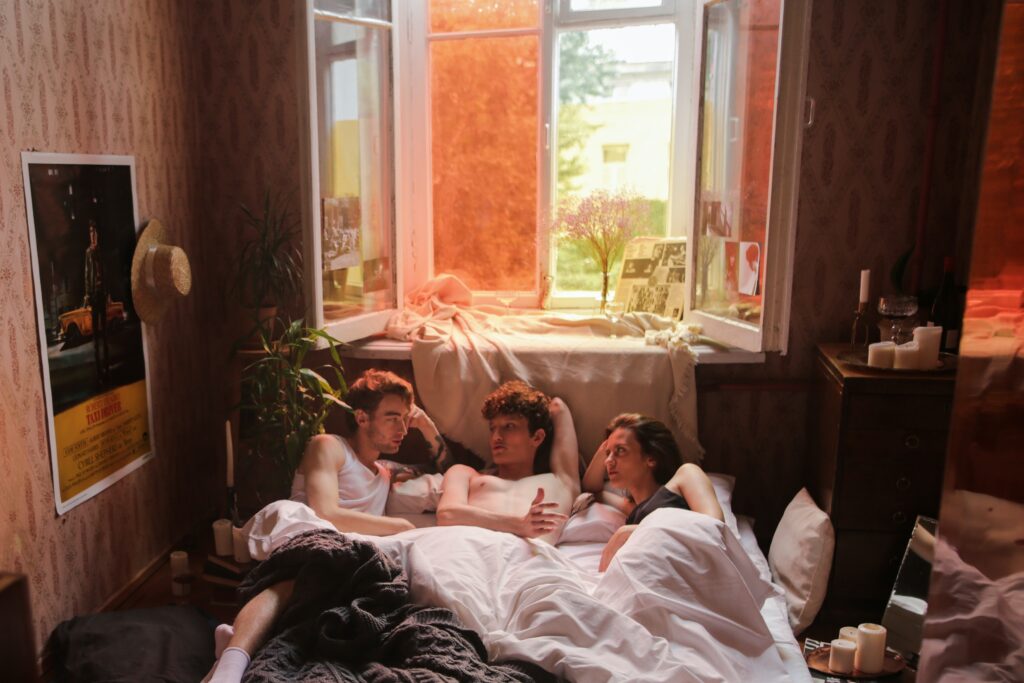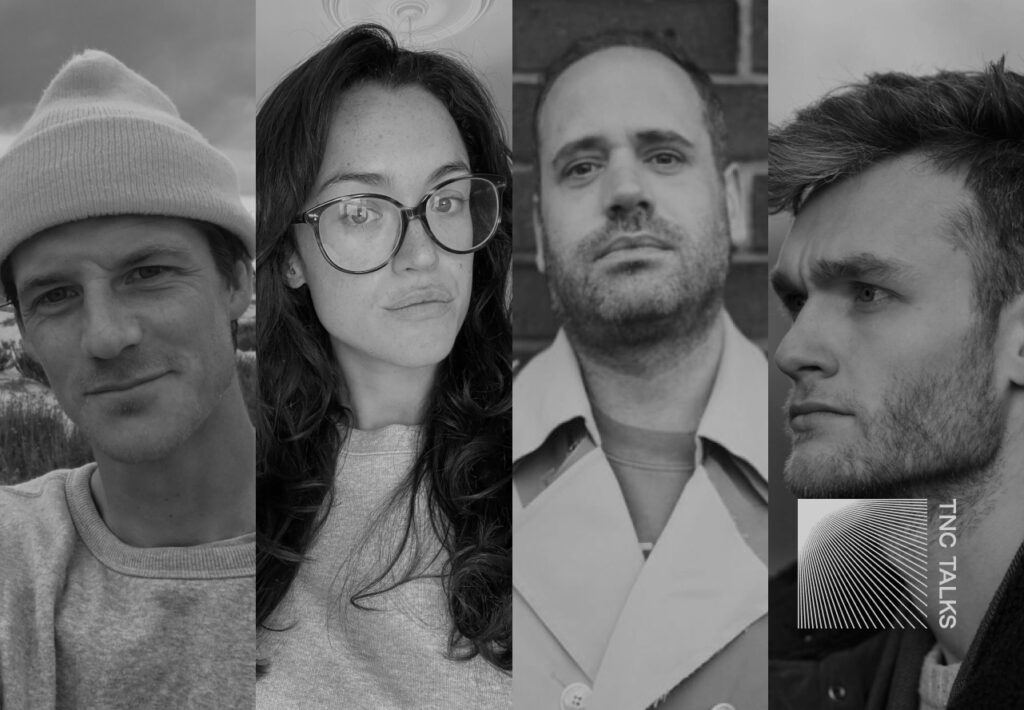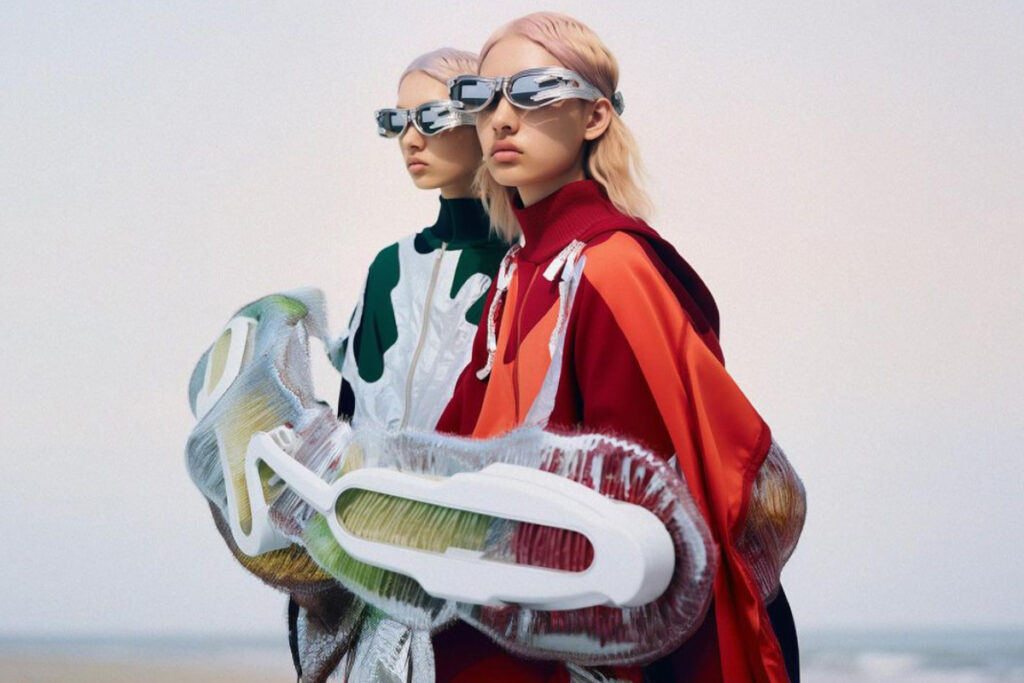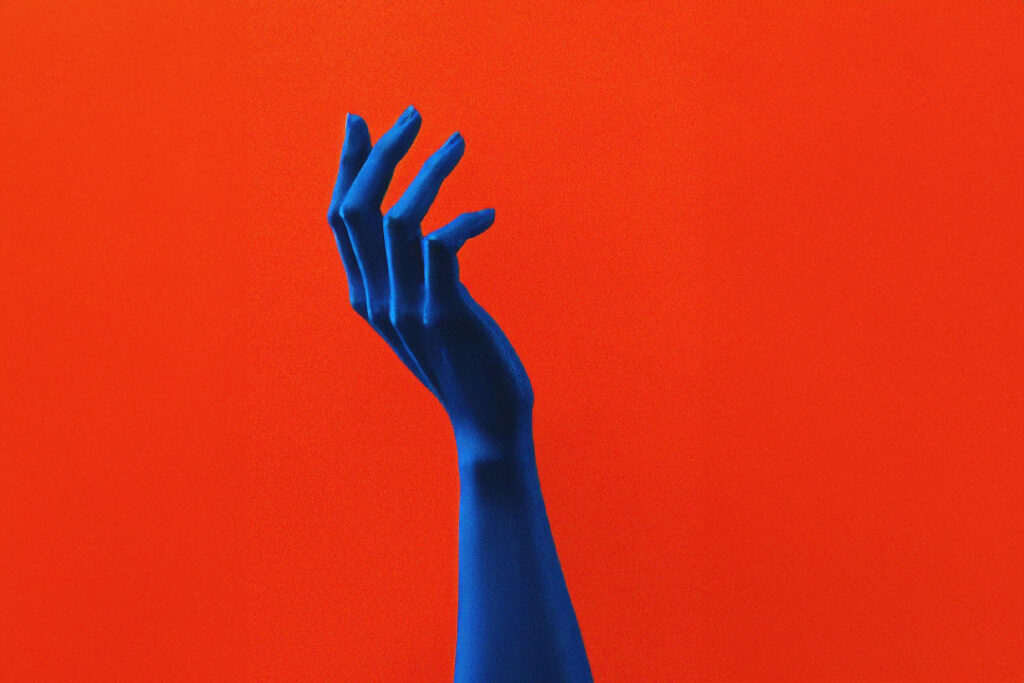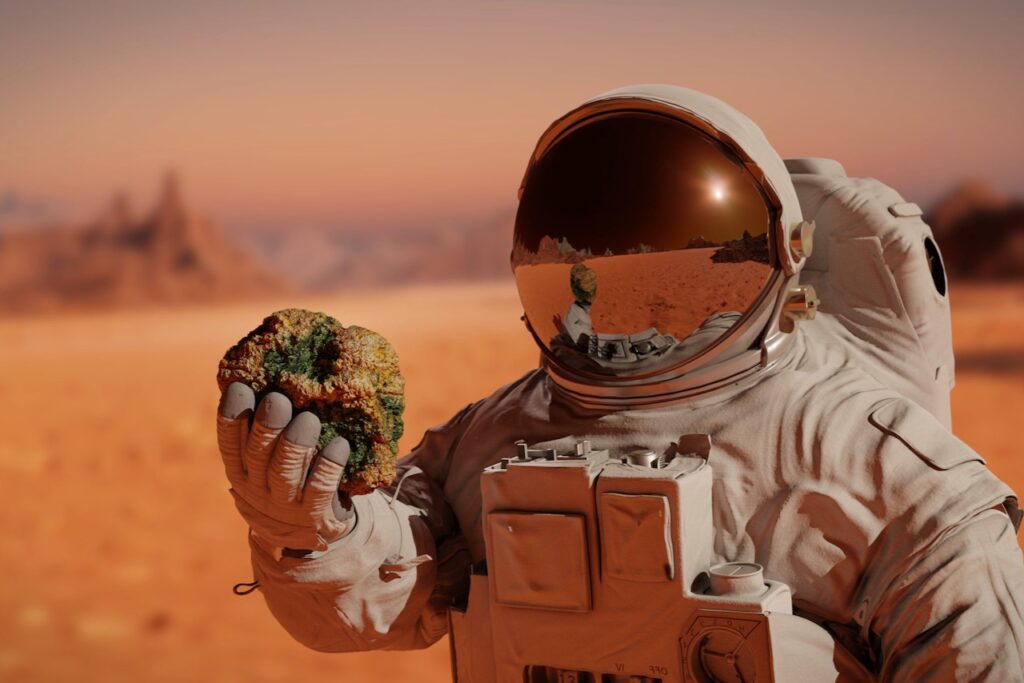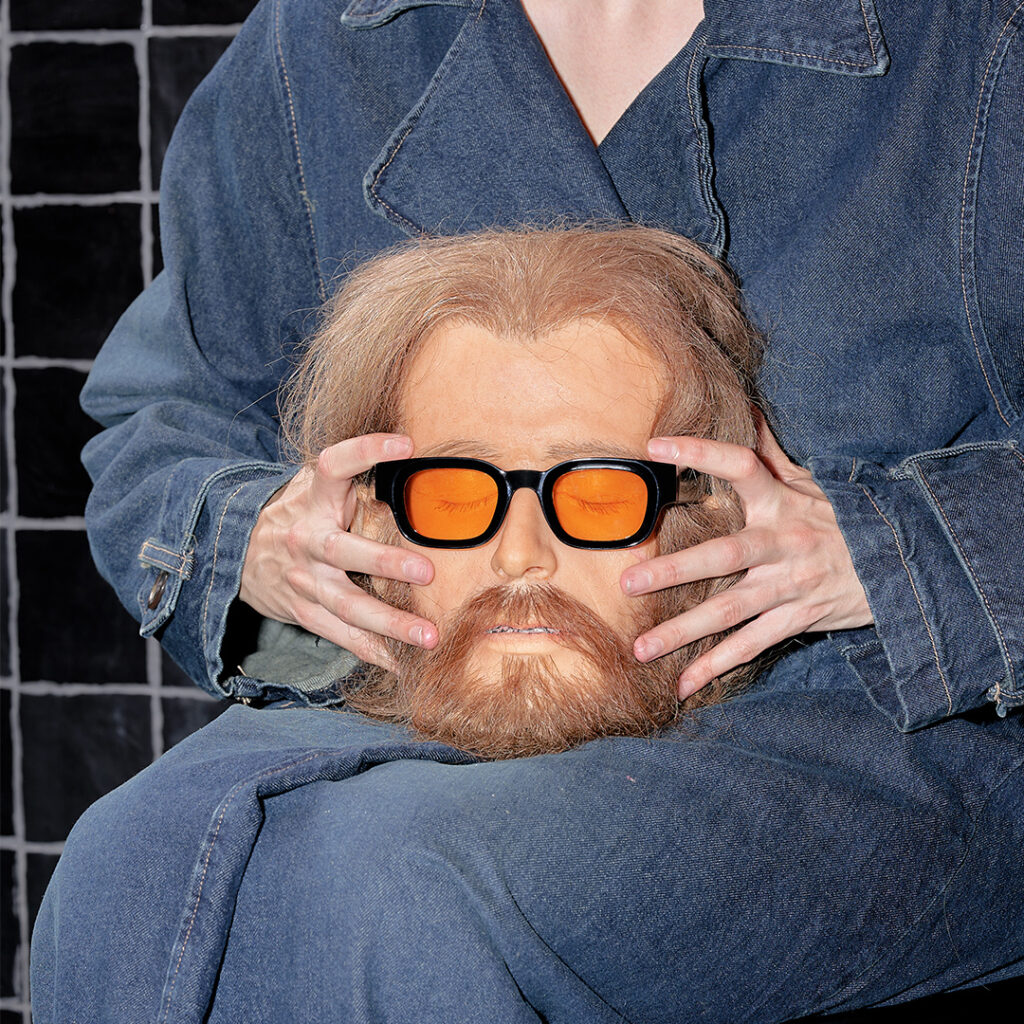TikTok has changed the music industry.
That really is it. There is no denying this monumental fact. It’s the truest of truths. TikTok has become a crucial tool in the promotion of songs for musicians and record labels alike. And the platform is well aware of this too, they have a whole department that works with record labels and labels globally to take care of licensing deals and negotiations with rights holders, constantly studying how to continue to make money through the platform’s music.
TikTok has changed the way music is consumed
Thanks to TikTok’s inherent intimate format and perceived closeness between content creator and consumer, TikTok’s audiences are more likely to be engaged with the music they listen to on the app. They favour active listening with the device in their hands over the traditional passive listening of say, turning the radio on while you get on with something else.
The audience takes on the baton of creation
Not only that, music is no longer a passive element in the sense that the artist creates it and the audience listens. TikTok has changed the way music is consumed by the masses, the creation line does not end when the song is finished, the baton is simply passed onto the listener who then uses the song to create (oftentimes) something else entirely. Of course, songs have been used in movies, choreographies, or been integrated into other art forms in the past. However, they have never been a part of a global mass creation line tradition the way they are now. Because of this social media platform, music is now prime material for creation and for creative expression. This goes to show what a creation-hungry society we are. Not to mention consumers becoming brand ambassadors and having the capacity to become the most successful campaign with their actions.
UGC (user-generated content) is an artist’s best hope for getting their music out there nowadays.
@aurumoro If @Baby Tate and I really had a song together I would cry ???????? #sho #babytate #openverse #blacktiktok ♬ Baby Tate SHO Open Verse – Baby Tate
Is TikTok bridging the generational gap in music?
TikTok has also somehow highlighted the timelessness of music and has proven what we already knew: That music is a universal language that transcends dialects, boundaries and time. Still, there’s a difference between knowing this culturally, and how it can be applied commercially. Due to the inherent virality power of TikTok, many songs have skyrocketed to the top of the charts fifty, twenty, ten, two, years after their release. Could this take a little pressure off of the notion that if your song does not make it big immediately after its release it is automatically doomed, forever cast into oblivion? Maybe, wouldn’t that be something? Nevertheless, it’s not like the pressure won’t seep in from other sources taking into account the increasing amount of songs being released daily, the tide of competition growing stronger by the minute. There are literally 60,000 tracks being uploaded daily onto Spotify.
That daunting fact aside, another side effect of this beautiful active commercial acknowledgement of music’s timelessness is the bridging of the intergenerational gap, which comes as quite a surprise taking into account that historically speaking technology has notably divided demographics. Fleetwood Mac’s unfailing “Dreams” jumped back onto the Billboard Hot 100 more than forty years after it came out because someone posted a video on a longboard sipping cranberry juice to the song.
Old is the new new
Many old songs have come back not just in their original form, but remixed and modernized, transforming the cultural meaning and intention behind the original pieces too. Paul Anka’s classic “Put Your Head On My Shoulder”, released in 1959, became one of the most listened-to songs last year when it was used for a viral silhouette challenge. Listening to these remixes feels like seeing the Mona Lisa donning NFT skins: weirdly unexpected, slightly peculiar, and strangely satisfying.
The music strategies within TikTok are changing too
TikTok is changing fast, as technology always does. Its inherent capability to viralize songs and consequently turn them into a commercial success overnight was noted by the industry, so much so it practically became the go-to tool to market music for many labels to the point that some labels and distributors even distribute their songs directly to TikTok, UnitedMasters and TuneCore to name a couple. But the market has already been saturated, and as such artists need to adapt their strategies because what worked 2 years ago, won’t work now.
Do you have access to large global audiences still? Yes. But as both creators and content multiply at an alarming rate, fewer and fewer artists are achieving a true global mass visibility. Algorithms are getting better, and consumers are being fed much more strategically curated content. Accordingly, artists’ exposure is reduced to entertainment niches. One might worry that this might translate into less exposure and while technically true, although decreased, the quality of this exposure is far superior.

The app has influenced music to such a degree it has not only changed the industry but has also changed itself too. Sociologically speaking it is fascinating. TikTok has grown to the point of developing its own subcultures.
These are a few, of the many ways in which TikTok has completely shifted the music industry. The advantages are plenty clearly, and we haven’t even gotten into the amplified reach, the access to globally diverse markets, and the ability for independent artists to gain genuinely rich exposure. But not everything is a bed of roses.
Is TikTok’s influence on the music industry becoming toxic?
Is TikTok an amazing tool to promote music that artists of all calibres can use to foster more intimate connections with their viewers and nourish beautiful communities? Yes. But, what does a capitalist society do when we see an opportunity to make money? Exploit it. Max it out like a credit card, suck all its resources as we’ve done to our very planet. The focus ends up being on consumerism and how to feed it, the attention drawn away from what really was supposed to matter: the music. See? This is why we can’t have nice things.
The fact of the matter is that recently record labels in particular have come under fire for forcing their artists to constantly create content for the platform. The possibility of having an amazing promotional tool has transmuted into the damnation of needing to go viral in order to be allowed to share one’s art or be signed at all in the first place. This ‘dance monkey dance’ approach is not necessarily new, the 90s were filled with, excuse our language but quite frankly, shitty contracts that held artists’ by the neck and would not allow them to do much, if anything at all, without their record label’s approval.
what tiktok has done to the music industry is upsetting like… pic.twitter.com/bSJ0EIVfv1
— allure (@alluregaga2) May 22, 2022
The modern translation of this is companies forcing their artists’ to fulfil TikTok quotas and virality in exchange for releasing songs. For artists who are looking to be signed, being viral on TikTok is a prerequisite to start off. Yes, a label gives you amazing opportunities, but only if it works if it doesn’t work you’re oftentimes left stranded and stuck in a weird limbo where you’re not making it with the record label but you’re also not allowed to monetize or take your work elsewhere.
Which does kind of beg the question, if you already have a following on TikTok, is being signed to a label absolutely necessary anymore? Independent artists have existed for a long time, but perhaps now it’s their time to shine and take over. Could this be the way to fight the inexorable path to exploitative consumerism music seems to be headed towards on this platform? Can we continue to use TikTok for all its advantages while minimizing the negative aftermath within the music industry?
